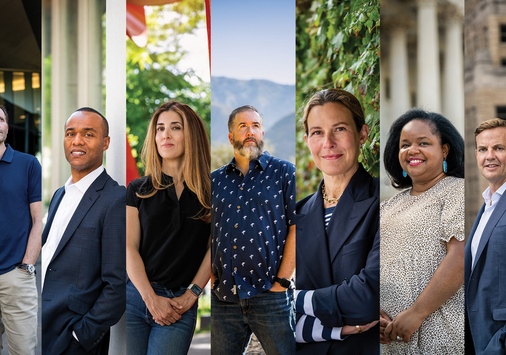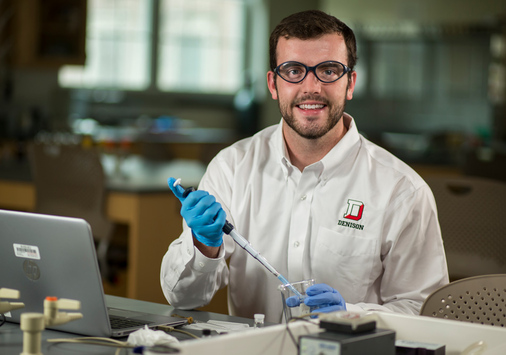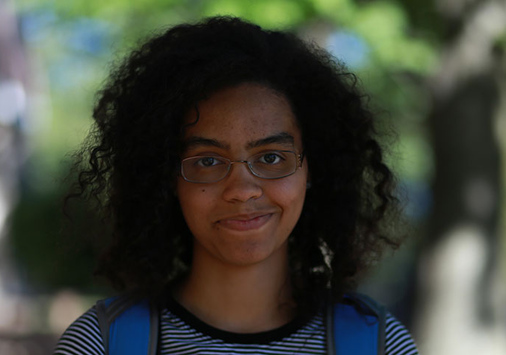History is a way of thinking about the world that teaches us to value and embrace the complexities and ambiguities of life. Students learn to see the multiple layers of causes and effects, changes and continuities, individual experiences and broader social dynamics that shape human societies and cultures across time and place.
History questions not only, what happened, but even more importantly, why did something happen the way it did? How were different people engaged and impacted? What did this change mean to people in that time and place? What has it meant to people in other times and places? What does it mean to us now, in our own time and place?
History students weave answers to these questions into compelling stories and persuasive arguments. These narratives, when well constructed, are moving and beautiful. They prompt thinking about the diversity of human experience, both across the globe and close to home, and about how peoples’ ideas and cultural practices vary by period, region, and social circumstance. With classes focused on the United States, Europe, Africa, Asia, Latin America, and the Middle East, history provides students the opportunity to explore the world broadly and deeply. Moreover, history allows us to see the world through the eyes of others as we confront human achievement, struggle, and failure and thus provides the tools for empathy, objective thought, and engaged citizenship.
History students can…
- Think Historically
- Examine people, events, phenomena, and concepts within their historical contexts
- Recognize the complexity of the historical record, valuing conflicting evidence and competing narratives
- Understand causality and the dynamics of change over time
- Construct informed, nuanced historical narratives
- Articulate the distinctions between history and “the past,” and between history and historiography
- Think Critically
- Analyze complex problems and generate discussion based on evidence
- Identify, summarize, and respond to the points of view of others
- Embrace skepticism and ambiguity as part of the process of discovery
- Practice empathy as a tool of inquiry
- Solve Problems
- Generate open-ended questions
- Conduct research—gather, sift, analyze, order, and synthesize evidence
- Think imaginatively about gaps in the evidentiary record
- Persevere through uncertainty
- Communicate Effectively
- Write clearly, concisely, and persuasively, in multiple formats and for various audiences
- Speak clearly and persuasively in different forums and for various audiences
- Listen to, absorb, appreciate, and respond to the ideas of others, both in written and oral form
- Think Globally and Locally
- Understand the diversity of human experience across time and space and draw connections between their studies of different people, times, and places
- Consider historical problems from the perspectives of different groups and different social actors
- Think critically about how different groups and/or societies have interacted over time
- Critically examine the relationships of power and explore questions of justice, equity, and identity
- Practice Engaged Citizenship
- Value the study of the past for its contributions to lifelong learning and for the critical habits of mind it fosters
- Engage the perspectives of people different from ourselves in civil and constructive ways
- Employ all of the above-listed skills to make well informed and thoughtfully articulated contributions to civic discourse














